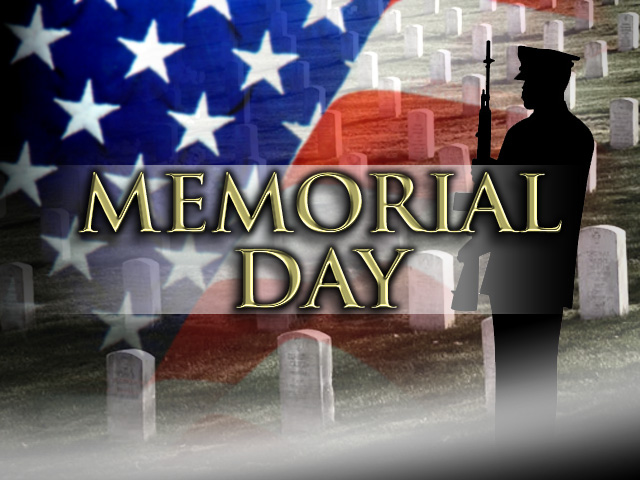Thanks to the Few
Posted on May 27, 2011
 “I hate war as only a soldier who has lived it can, only as one who has seen its brutality, its futility, its stupidity.”
“I hate war as only a soldier who has lived it can, only as one who has seen its brutality, its futility, its stupidity.”Dwight Eisenhower, the last general to successfully run for President, said that, and as the man who was responsible for the Normandy Invasion, he knew something about war.
I was thinking of Ike and war in the context of Memorial Day and the upcoming Presidential election.
Unless Ron Paul magically wins the Republican nomination, the Presidential election of 2012 will pit two contenders who have no military experience whatsoever.
The last time that happened, Herbert Hoover ran against Al Smith in 1928.
From the end of the Second World War until 1992, every one of our Presidents had significant military experience. And then an interesting thing happened. Military experience became a liability. Every loser –George Bush, Bob Dole, John Kerry and John McCain – had significantly more military experience than the eventual winners. (Al Gore and George W. Bush basically tied, and they had basically the same military experience).
Those who saw significant military action, who saw first hand the stupidity, brutality and futility of war, could not overcome those who saw war through the glass darkly.
We are now engaged in a global conflict, but with only a limited participation of the American public. Unlike the mass mobilizations that typified World War II, the Korean War and Vietnam War, this current war is being fought solely by paid volunteers.
This has created an interesting dynamic politically and culturally.
We all love the fighting men and women in uniform who protect us every day in engagements far away. At baseball games, wounded warriors are applauded in stadiums around the country. At airports, spontaneous applause erupts when our troops come home. Billboards thanking our servicemen and servicewomen are ubiquitous.
But while we appreciate what the troops are doing, we don’t really know nor can we know what they are going through. The burden on military families is even more intense and even more isolated. As a percentage of the population, military families probably make up a smaller percentage of our nation than at any other sustained wartime in our history.
Politically, this has interesting ramifications.
Since fewer voters actually know much about the military, they tend to overcompensate for their lack of knowledge. They tend to glorify war more and over-glamorize military service.
The same dynamic holds for our political leaders, especially at the Presidential level. It is far easier to see a vivid picture from far away than it is to live in the complexity of the moment.
The draft served a valuable purpose. It bound the people together with a common understanding of what the military is all about, both the good and the bad.
Today, most Americans don’t really have a clue (and that includes me).
This Memorial Day, never have so many owed so much to so few.
